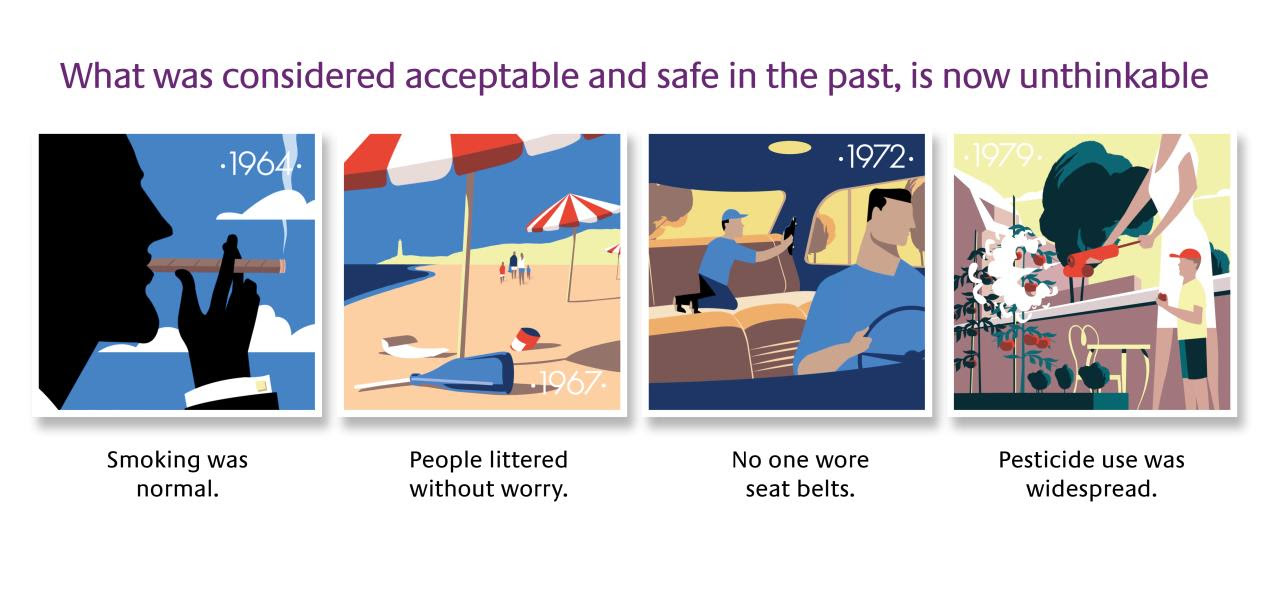Markem-Imaje Wins Award for Ink Safety and Sustainability Campaign
- Published: December 10, 2020
Inks used to code products can be hazardous to factory workers, end-users and the environment, particularly inexpensive options. To stop low-cost, third party ‘raider’ inks being used in Markem-Imaje coders, and to ensure companies understand the benefits of using the company’s inks, Markem-Imaje developed its “Marking the new generation” campaign. It showed that what was considered acceptable and safe in the past, was now unthinkable, encouraging manufacturers to change their behavior.
The campaign aimed to increase awareness of Markem-Imaje’s ink safety and sustainability credentials with the goal to stop sales lost to raider inks. While large, global customers were included, the primary targets were small to medium companies who were less likely to have considered the implications of ink choice on safety, sustainability, compliance and brand reputation.
The campaign outperformed internal targets and some external benchmarks as well. The company stemmed its raider ink losses among companies of all sizes, and even won a range of a large-scale equipment contracts. For example, one European manufacturer swapped 34 of its existing coders to equipment from Markem-Imaje.

Disruptive, yet relatable, situations used to capture attention
Ink coding is a mature market with established habits. Raider inks are an attractive way of improving profits. The campaign needed to attract the attention of decision-makers who saw using raider inks as normal and logical, and then encourage them to change.
By highlighting four previously acceptable behaviors –smoking, no seat belts, littering and pesticides– the campaign sought to persuade manufacturers to go beyond basic compliance in order to meet the needs of a changing marketplace which increasingly expects more in terms of safety and sustainability.
Relatable, consistent imagery depicting the four unacceptable behaviors was used across a range of assets including four mini-animations and a short white paper. The content was distributed through various channels such as social media, emails and retargeting banners.




